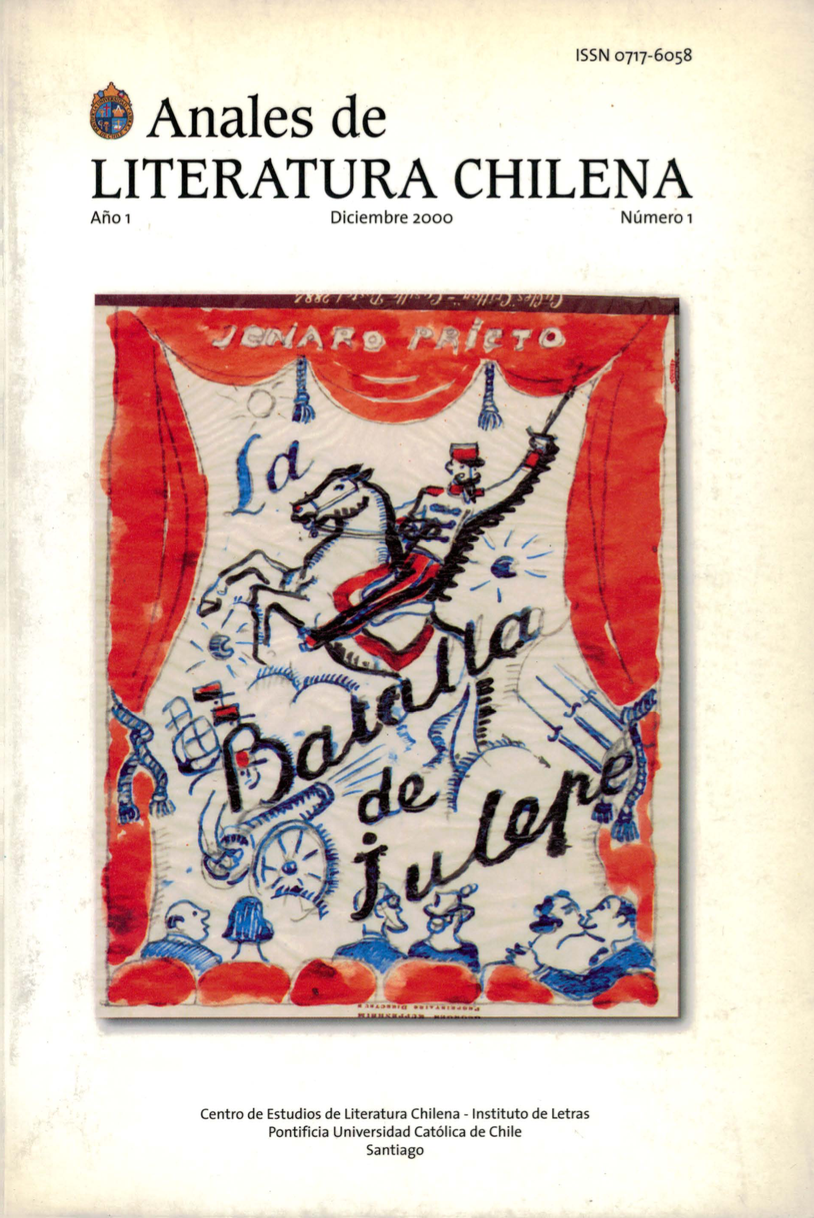The language of theatrality and diaspora in Casa de Campo
Abstract
In several instances the narrator in Casa de Campo forbids the readers to equal the Ventura's fictions story to reality. However, this seemingly authoritarian narrator utilizes a theatrical language which hides opposite intentions: to reach and affect the readers so that they become passionately involved with the story and identify with characters. Behind multiple theatrical manifestations of authority, the narrator reserves an ultimate liberating gesture which is diegetically mirrored in the expansive as mere pastime and becomes a rebellious language against rhetorical authority in order to express infinite messages of freedom.
Downloads
Downloads
Published
How to Cite
Issue
Section
License

This work is licensed under a Creative Commons Attribution-NoDerivatives 4.0 International License.


